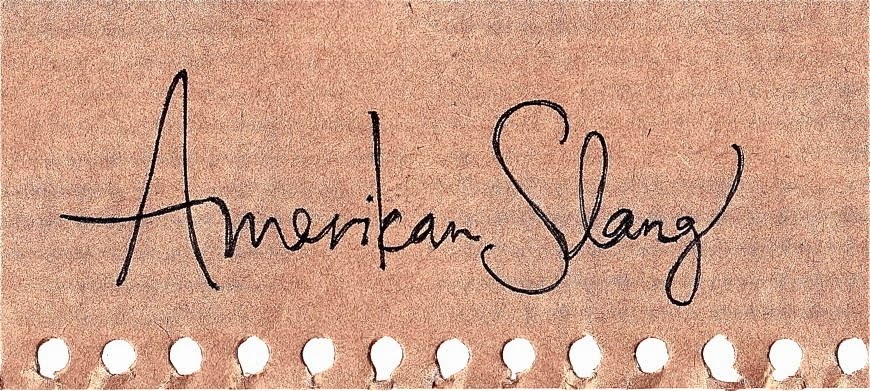Ryszard
Kapuscinski, in his autobiography about his early days of journalistic
traveling and trepidation (Travels with
Herodotus) muses about the Greek historian Herodotus, whose Histories accompanied R.K. during many
of his travels. Very little is actually
known about Herodotus, beyond the fact that he was born and raised in
Halicarnassus – and this information-deficit bothered R.K. constantly. He writes:
“The parents of Herodotus? His siblings? His house? All of this is in deep shadowland uncertainty. Halicarnassus was a Greek colony on land subject to the Persians, with a non-Greek native population – the Carians. His father was called Lyxes, which is not a Greek name, so perhaps he was a Carian. It was his mother who most probably was Greek. Herodotus was therefore a Greek Carian, an ethnic half-breed. Such people who grow up amid different cultures, as a blend of different bloodlines, have their worldview determined by such concepts as border, distance, difference, diversity. We encounter the widest array of human types among them, from fanatical, fierce sectarians, to passive, apathetic provincials, to open, receptive wanderers – citizens of the world. It depends on how their blood got mixed, what spirits settled in.”
I love that
paragraph for a million reasons, beyond its obvious beauty and precision. I like its insistent curiosity, the way he
asks questions with no answers (either current or future). And I was especially interested in his
description of the Carians occupying a Greek colony on Persian land – how the
identities of the residents of Halicarnassus must have been layered and
conflicted and chafed and blurred in a thousand different ways. It reminded me actually, a lot of Zanzibar –
an essentially Arab/Muslim colony on land subject to mainland Tanzania, but
populated by such a wild spectrum of cultural descendants: Indians, Bantus,
people who crossed over from Oman or Saudi Arabia or Yemen, or migrated along
dhow channels from Somalia or Madagascar or Kenya, and how their title now is essentially “Tanzanians” (or, “Persians” in the Herodotus parallel), but how maybe they should just be known as “Zanzibaris,” their own self-defined,
self-inscribed culture.
And finally, I
loved that paragraph because Kapuscinski seems to know intimately the
character-alchemy of cultural or ethnic half-breeds – he must be one himself –
if he is able to write how “their worldview [is] determined by such concepts as
border, distance, difference, diversity…. it depends on how their blood got
mixed, what spirits settled in.” Since
I’m a Third Culture Kid (what a tired and overwrought term!), and since
all of my closest friends are in some way straddling or reconciling or
splitting themselves between multiple cultures that they love or loathe but
are nevertheless tied to – I can verify that our entire life-paradigms are
consumed with questions of border, distance, difference. These are the things we dream about, the knots
our subconscious will never stop picking at, the themes that recur again and
again in our art, even when we try valiantly to focus on other [bigger?] things. We
will probably spend the rest of our lives working out the implications of those
questions – becoming wider and more open as we grow comfortable with the
vagueness & variety of answers, or becoming ever more dogmatic as we cling to
some kind of stasis, anything fixed or static that we can assign to
ourselves. Or assign ourselves to.
And I've met
all three distinct types of half-breeds that Kapuscinski mentions (in fact, most
are well-represented on Zanzibar island alone): (1) the fanatical, fierce
sectarians (2) the passive, apathetic provincials, and (3) the open, receptive
wanderers. The first kind might never be
comfortable with themselves; the second kind have limited their field of vision in an
effort to render the world more understandable.
But there’s hope for the third kind, if they keep their eyes turned insistently outwards and off themselves. I think that understanding yourself (even partially) is almost always a kind of extra reward or afterthought – an unintended
consequence of trying long and hard to understand someone else.


